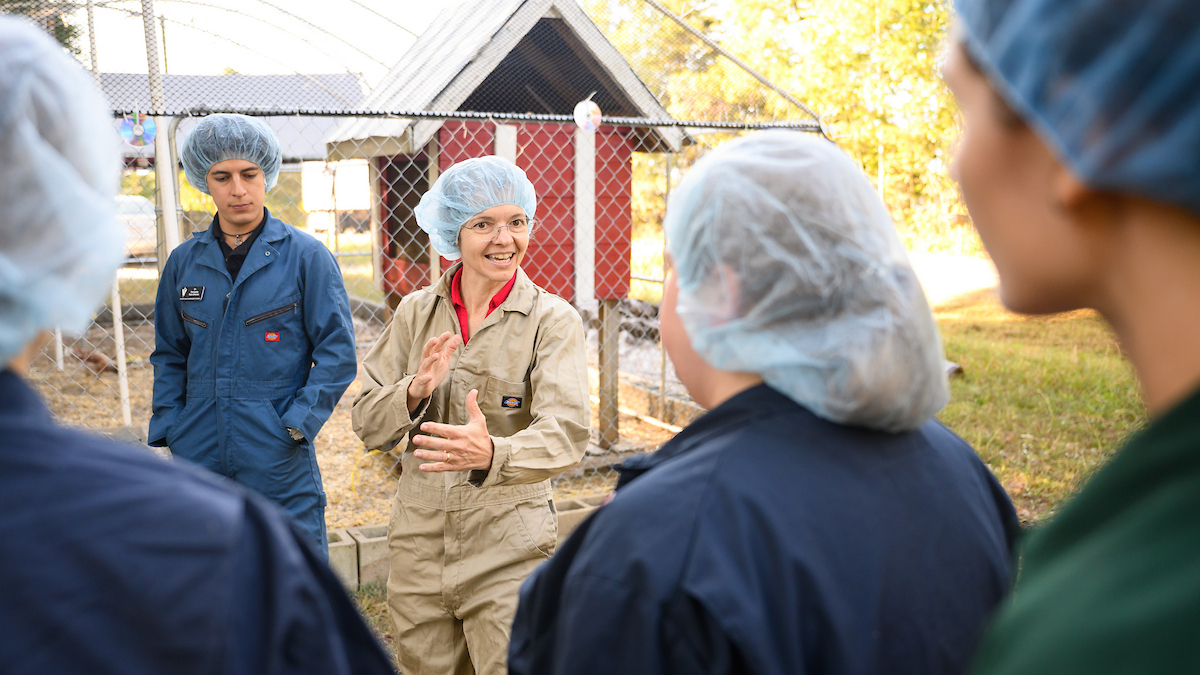NC State Study of Limb-sparing Implants to Fight Canine Osteosarcoma May Benefit Children
An orthopedic surgeon at the North Carolina State University’s College of Veterinary Medicine who helped pioneer osseointegrated implants for dogs and cats missing a limb is conducting a study to determine the feasibility of a novel limb-sparing implant for treating canine osteosarcoma.
Osteosarcoma (OSA) is the most frequent bone tumor in dogs with the distal portion of the radius—the bone of the front limb just above the wrist—being the typical anatomic site. Standard of care treatment is removal of the tumor by amputation or limb-sparing surgery followed by chemotherapy.
The results of the study, which is funded, in part, by a grant from Bone Cancer Dogs Inc., will build a foundation for further clinical trials. Expected progress made in improving limb sparing will give many dogs an improved chance of preserving their limbs while maintaining a good quality of life. The medical and biotechnology insight gained through the NC State investigations also may benefit efforts to treat human osteosarcoma, the eighth most common form of childhood cancer.
“Some dogs cannot tolerate amputation, and current limb-sparing surgery, where the affected bone is replaced with a substitute bone or a metal limbspare implant, may involve complications such as implant failure, infection, fracture, allograft resorption (weakening the bone) or local tumor recurrence,” says Dr. Denis Marcellin-Little, professor of orthopedics who is conducting the study. Dr. Marcellin-Little performed the world’s first osseointegrated implant surgery in 2005 on cat George Bailey.
The NC State study compares three designs of a new free-form limbspare implant against each other and against the traditional metal limbspare implant. The goal is to determine which design best represents the properties of natural bone, and is biomechanically superior. All the novel plate designs can be customized to meet the unique requirements of individual patients. Based on results of the study, clinical trials could begin next spring.
Bone Cancer Dogs Inc. is a 501(c)3 non-profit organization that provides information and owner resources for pet owners with dogs affected by bone cancer.


